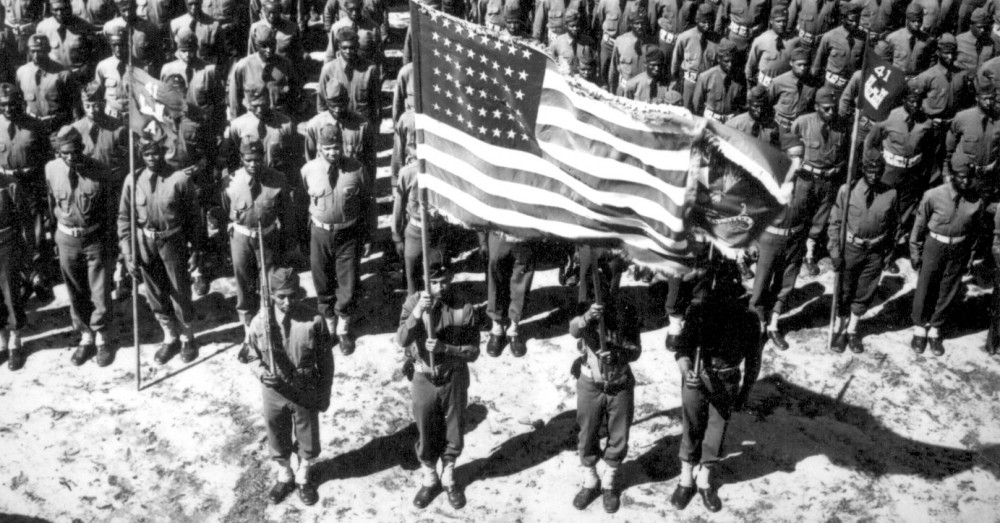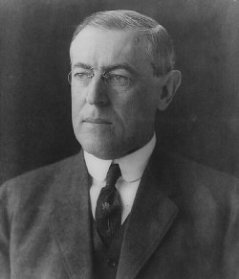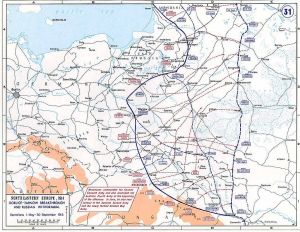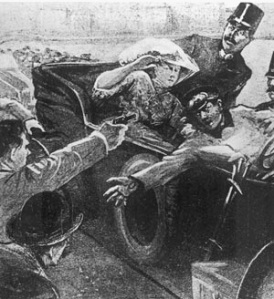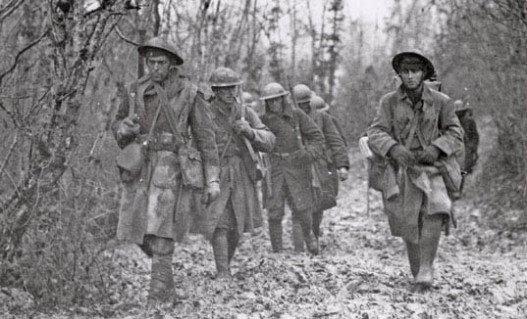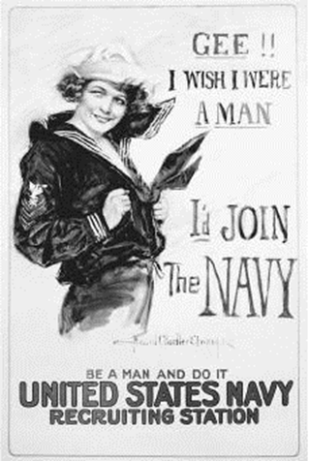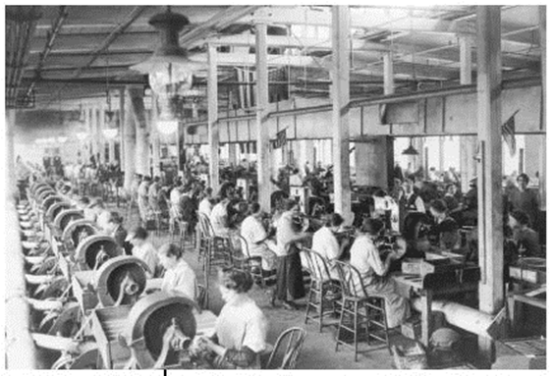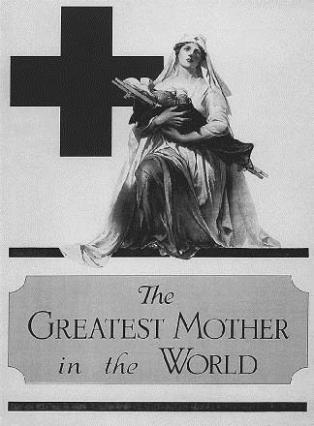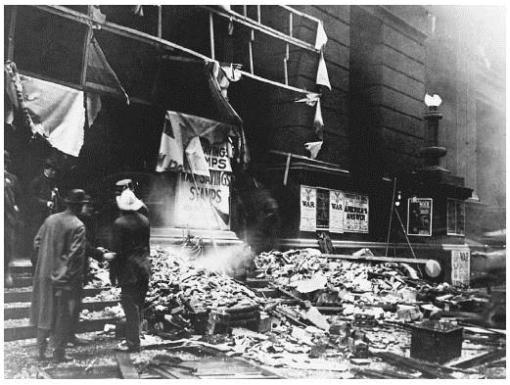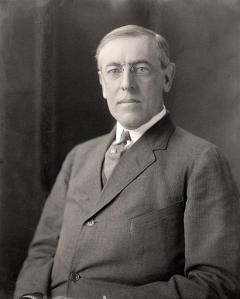
On April 6, 1917, the United States, remaining neutral, declared war against Germany, joining Britain, France and Russia. What reasons did affect involvement the most? No doubt, there should be some substantial causes to enter war on another continent. Furthermore, being an industrial country, America had a great opportunity to trade with other countries, which needed not only ammunition and weapons, but food as well – trench warfare made agriculture impossible. The other necessary resource for countries involved in World War I was money. Therefore America loaned large amounts of money to European nations. Remaining neutral, the USA also could trade with both warring sides without being denounced in disloyalty, as if it was a part of one of the alliance. Thus, America was able to gain more from staying out of the war. The other reason to keep out of the war laid deeply in the US history. Being multinational country, American citizens supported belligerents depending on their ethnic background. Involvement into the war as an ally of one or another side was able to cause disagreement in the society. Obviously, underlying causes should have been strong enough. The main reason was German unrestricted submarine warfare, which caused sinking of British unarmed vessels. Thus, the USA got reasonable grounds to enter World War I.
On April 2, 1917, addressing to the Congress, Woodrow Wilson clarified the necessity of the involvement to the war and the main reasons to do it:
Our object now, as then, is to vindicate the principles of peace and justice in the life of the world as against selfish and autocratic power and to set up amongst the really free and self-governed peoples of the world such a concert of purpose and of action as will henceforth ensure the observance of those principles. Neutrality is no longer feasible or desirable where the peace of the world is involved and the freedom of its peoples, and the menace to that peace and freedom lies in the existence of autocratic governments backed by organized force which is controlled wholly by their will, not by the will of their people. We have seen the last of neutrality in such circumstances. We are at the beginning of an age in which it will be insisted that the same standards of conduct and of responsibility for wrong done shall be observed among nations and their governments that are observed among the individual citizens of civilized states.
Also President Wilson mentioned involvement into this war as a duty to establish peace in Europe bringing freedom to all the nations.
It is a distressing and oppressive duty, Gentlemen of the Congress, which I have performed in thus addressing you. There are, it may be, many months of fiery trial and sacrifice ahead of us. It is a fearful thing to lead this great peaceful people into war, into the most terrible and disastrous of all wars, civilization itself seeming to be in the balance. But the right is more precious than peace, and we shall fight for the things which we have always carried nearest our hearts,—for democracy, for the right of those who submit to authority to have a voice in their own governments, for the rights and liberties of small nations, for a universal dominion of right by such a concert of free people as shall bring peace and safety to all nations and make the world itself at last free. To such a task we can dedicate our lives and our fortunes, everything that we are and everything that we have, with the pride of those who know that the day has come when America is privileged to spend her blood, and her might for the principles that gave her birth and happiness and the peace which she has treasured. God helping her, she can do no other.
By Anna Melnikova
